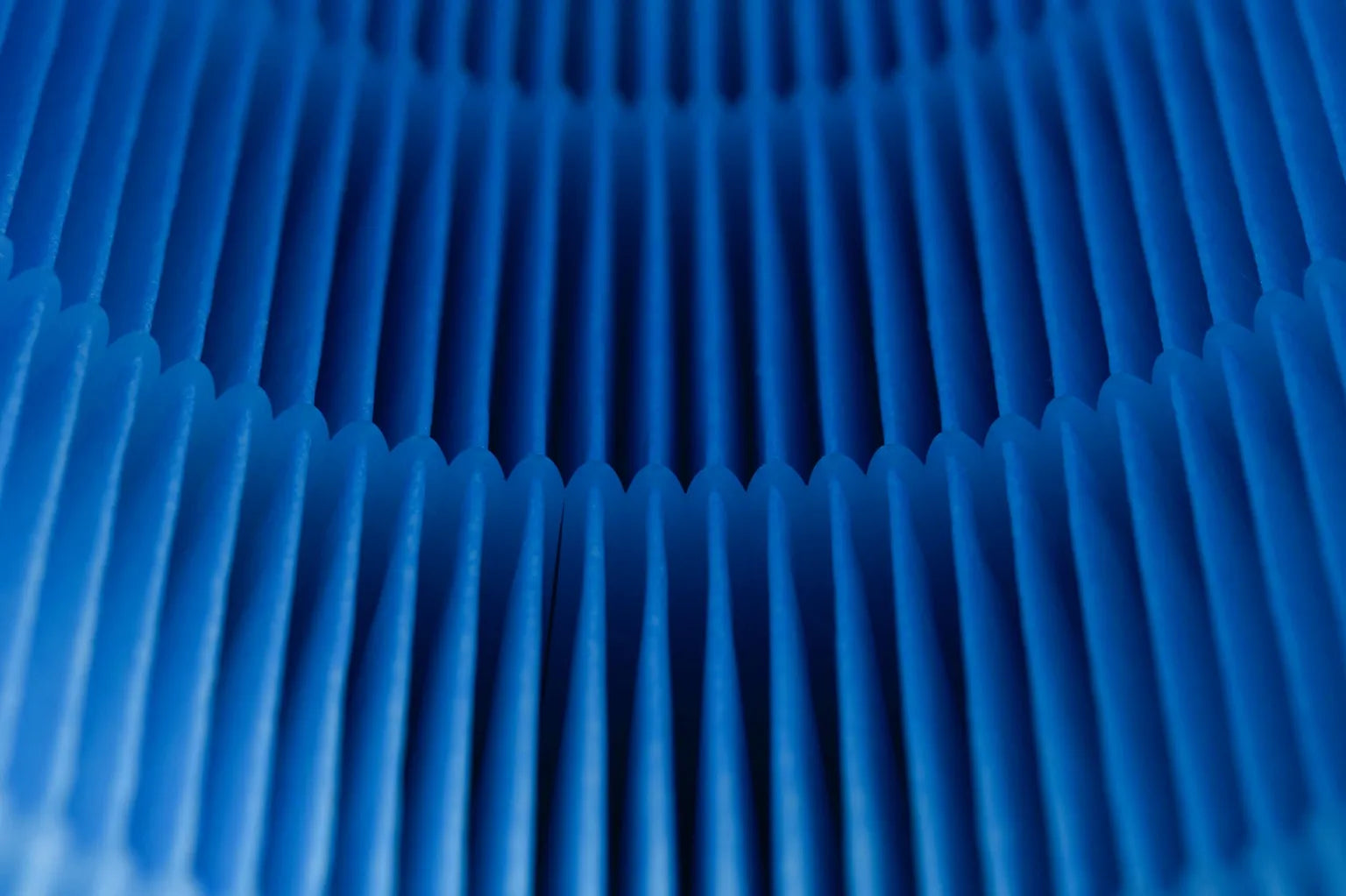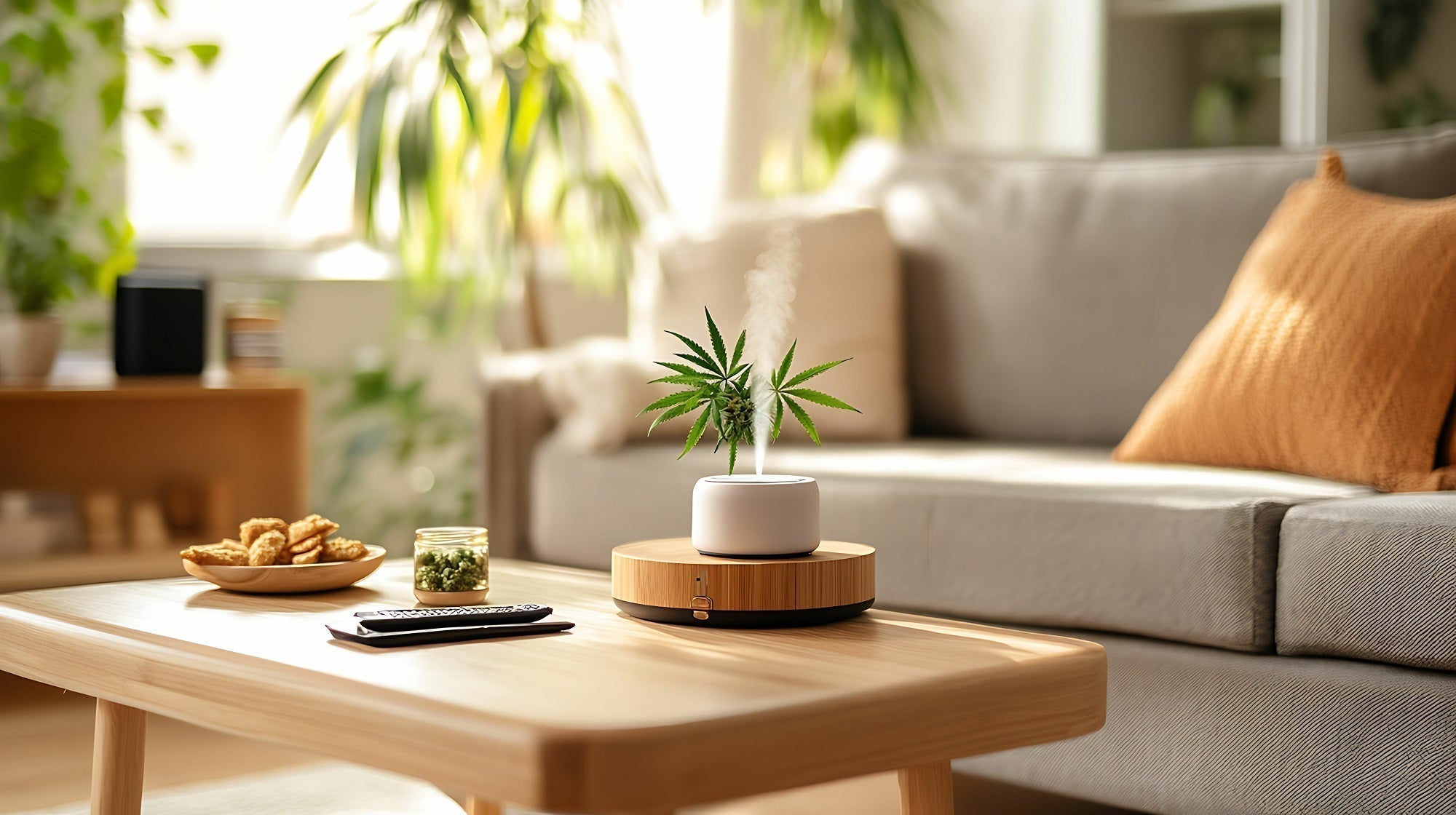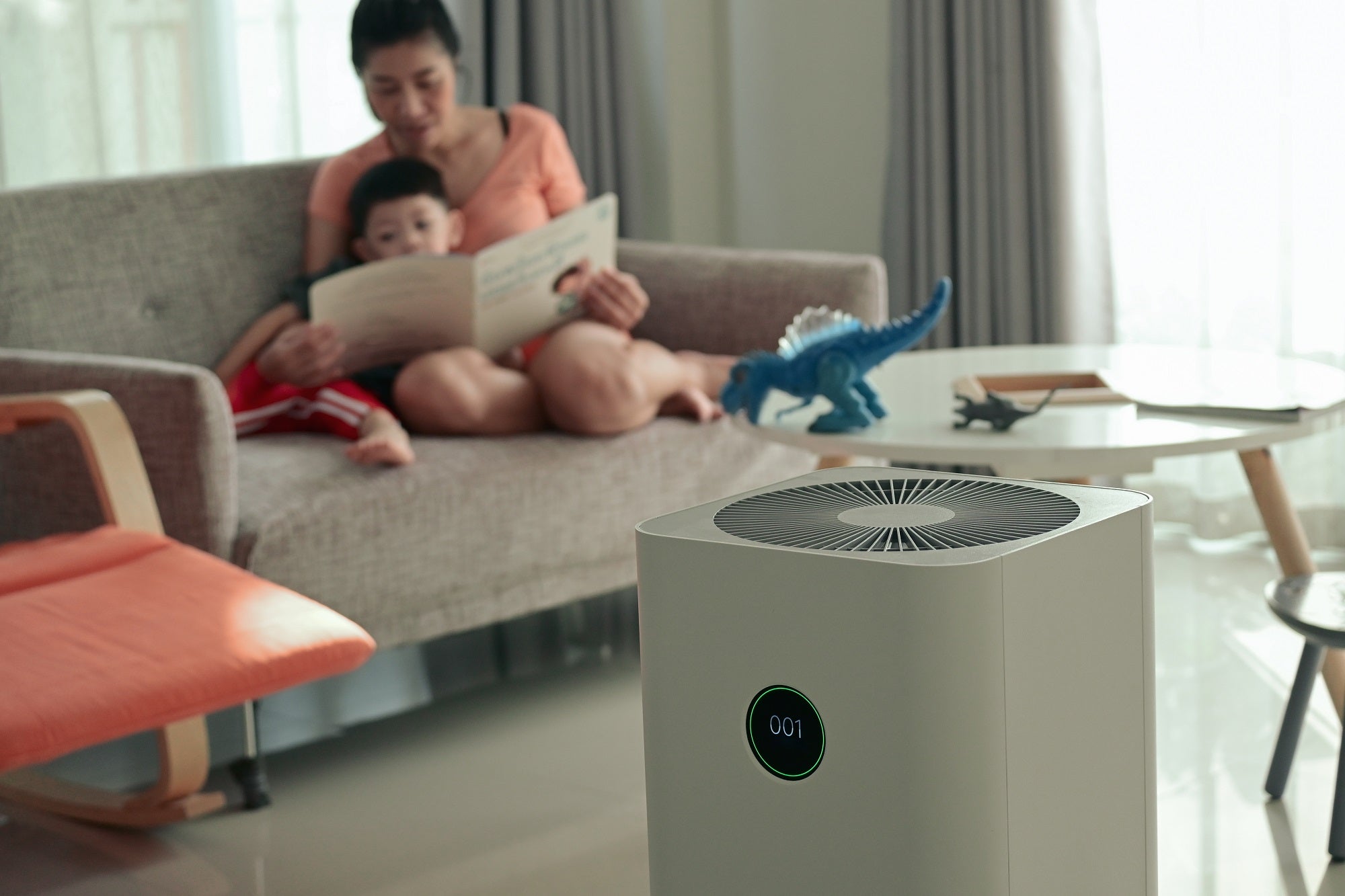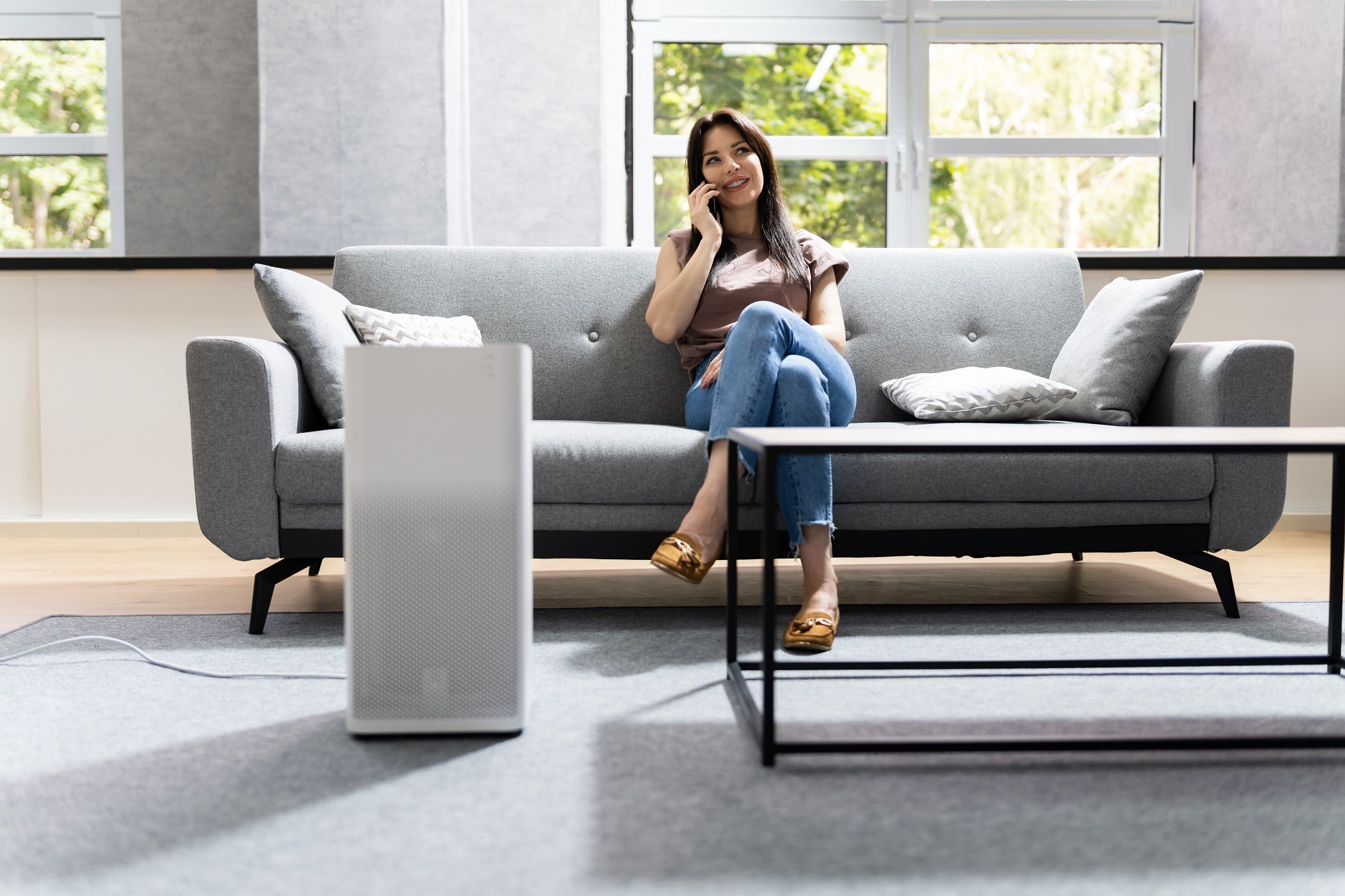What is a HEPA filter?

What is a HEPA filter made of?

HEPA filters are composed of a mat of randomly arranged fibres. The fibres are typically composed of fibreglass and possess diameters between 0.5 and 2.0 μm.
"A HEPA filter is capable of capturing at least 99.97% of particulates 0.3 microns in diameter"
What are the benefits of HEPA filters?

When you invest in a HEPA filter you are buying technology that has been tested and approved against a standard. This ensures the quality and reliability of the filter to remove even the tiniest airborne particles. Air filtration is actually more important than many of us realise as indoor air contains many different irritants and pollutants. A correctly chosen HEPA filter can ensure these pollutants are removed efficiently, vastly improving the quality of air you breathe. Pollutants can include pollen, dust mites, pet dander, viruses, bacteria and other pollutants.
Is HEPA enough?


Despite the effectiveness of HEPA filters to capture pollutants, these filters also provide a potential ‘breeding ground’ for particulates within the unit. Thus, it is crucial for the HEPA within a unit to be coated in an antimicrobial preservative layer, thus inhibiting the growth of bacteria on a filter.
Despite the effectiveness of HEPA filters, even at very small impurity levels, these filters do not kill any pathogens. Some air purifiers include UV-C technology to denature viruses and bacteria, essentially killing the particles trapped by the filters.
Extra protection with UV-C irradiation

UV-C irradiation involves high-energy wavelengths being emitted via a special UV bulb from deep within the purifier unit which provides the ability to damage the genetic material (DNA or RNA) of microorganisms such as bacteria and viruses, deeming them no longer able to perform their vital functions.
Such technology, known as ’germicidal irradiation’, is an essential part of any full air purification solution and is the most widely adopted method of control for contaminants in US health centres. Many studies confirm the use of this technology as an important addition to any purification unit, whilst highlighting that such a process bore no utilisation risk to the user.
HEPA air purifier FAQs
What is a HEPA-like filter?
Readers should be aware of the marketing tools used by companies to advertise their air purifiers as being ”HEPA-type,” ”HEPA-like,” or ”99% HEPA,” as these refer to HEPA filters which perform below industry standards outlined above.
Do HEPA filters need cleaning?
All air cleaners require periodic cleaning and filter replacement to function properly. Follow manufacturer’s recommendations on maintenance and replacement.
Recent Blogs
Why Indoor Air Quality Matters for Cannabis Grow Rooms
With MedicAir, you get more than just air purification–you get peace of mind, knowing your plants are thriving in a controlled, contaminant-free environment.
Indoor Air Quality: A Key to Improving Cardiovascular Health
Investing in the best air purifier for cardiovascular patients, like the MedicAir Pro Mini, trusted by the NHS and WHO, can significantly reduce indoor pollutants and help safeguard your cardiovascular health.
Trusted by NHS & WHO: How MedicAir Delivers Allergy Relief Without Medication
Spring doesn’t have to be the season of suffering, at least not with MedicAir. By using the best air purifier for allergies, you can enjoy the beauty of the season without the sneezing, congestion, and discomfort.


